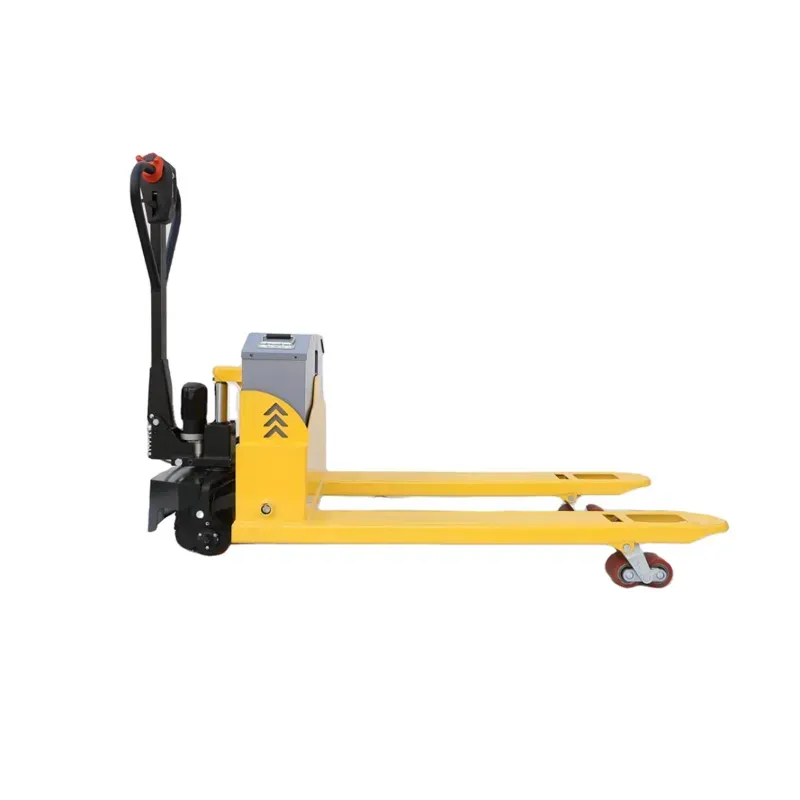


The Importance of Crane Hook Weighing Scales in Modern Industry
In the fast-evolving world of industrial operations, the safety and efficiency of lifting heavy loads have become paramount. One essential tool that contributes significantly to this objective is the crane hook weighing scale. These scales are specifically designed to measure the weight of loads suspended from cranes, helping to enhance operational safety and streamline workflows.
Understanding Crane Hook Weighing Scales
Crane hook weighing scales, often referred to as crane scales, are devices equipped with a load cell that accurately measures the weight of hanging objects. They come in various forms, including digital and analog options, offering versatility for different industrial applications. Most crane scales are equipped with a hook or shackle that connects to the load and has a display attached to exhibit weight readings.
Key Features and Benefits
1. Precision and Reliability One of the most significant advantages of crane hook weighing scales is their precision. These scales provide accurate readings that are crucial for preventing overloading, which can lead to equipment failures or even accidents on the worksite.
2. Ease of Use Operating a crane hook weighing scale is relatively straightforward. The user simply hangs the load from the hook and reads the measurement on the display. Many modern scales include features like remote displays and wireless connectivity, making them even easier to use.
3. Safety Improvements Ensuring that loads are within the recommended weight limits is vital for safety in any lifting operation. Crane scales help operators make informed decisions, reducing the risk of accidents associated with overloading, which can lead to serious injuries or fatalities.

4. Durability Crane hook weighing scales are designed to withstand harsh industrial environments. Whether in a warehouse, construction site, or maritime setting, these scales are built to last, often with high-weight capacities and robust materials that can endure both physical wear and environmental factors.
Applications Across Industries
Crane hook weighing scales find applications across various industries, including construction, manufacturing, shipping, and logistics. In construction, for example, these scales are used to weigh steel beams, concrete blocks, and other heavy materials, ensuring that cranes operate within safe weight limits. In shipping and logistics, they are crucial for calculating the weight of cargo to comply with regulations and optimize load distribution in transportation.
Technological Advances
With advancements in technology, modern crane scales have become even more sophisticated. Digital displays now offer features such as data logging, overload alerts, and integration with other industrial equipment for real-time monitoring. Some scales even come equipped with Bluetooth or Wi-Fi capabilities, allowing for remote monitoring and control from mobile devices. These enhancements not only improve efficiency but also make it easier to gather and analyze data related to lifting operations.
Conclusion
In summary, crane hook weighing scales play a critical role in enhancing safety and efficiency in various industrial sectors. Their precision, user-friendliness, and durability make them indispensable tools for anyone involved in lifting operations. As industries continue to evolve, the integration of advanced technologies will further enhance the capabilities of crane scales, ensuring they remain a vital component of safe and effective industrial practices. Investing in a high-quality crane hook weighing scale is not just about compliance; it’s about fostering a culture of safety and efficiency that can lead to better operational outcomes and ultimately drive success in any industry.



